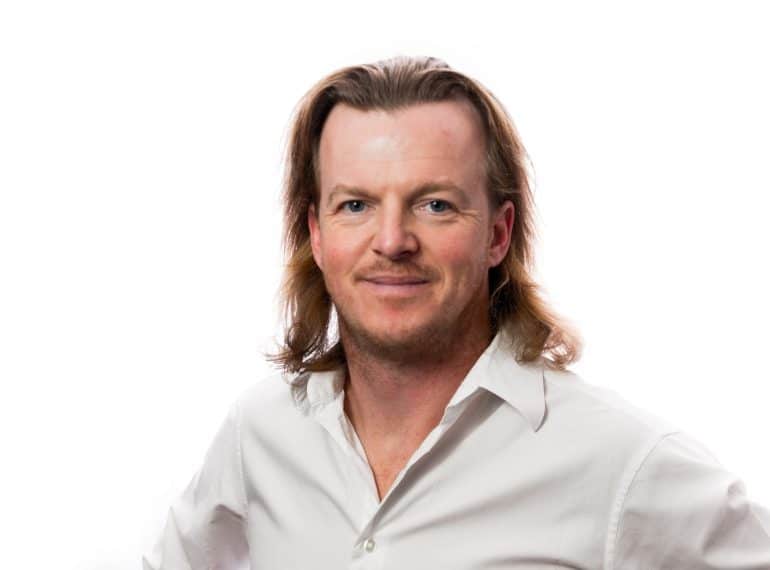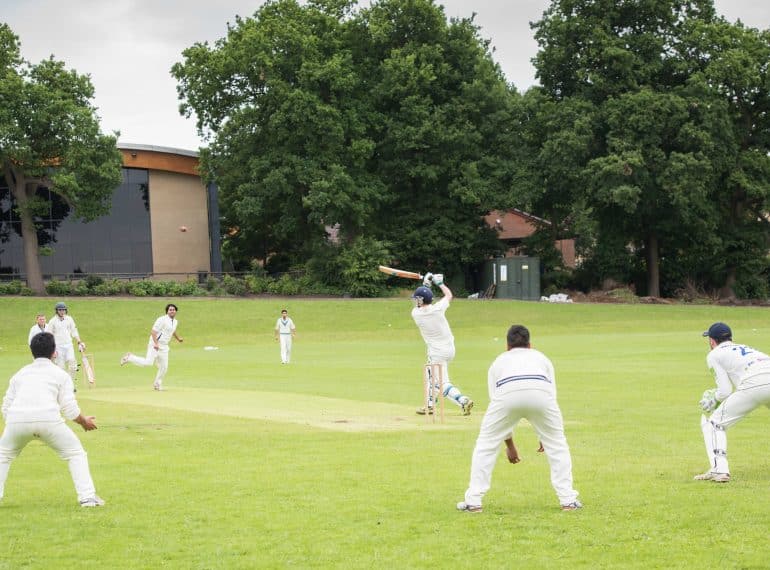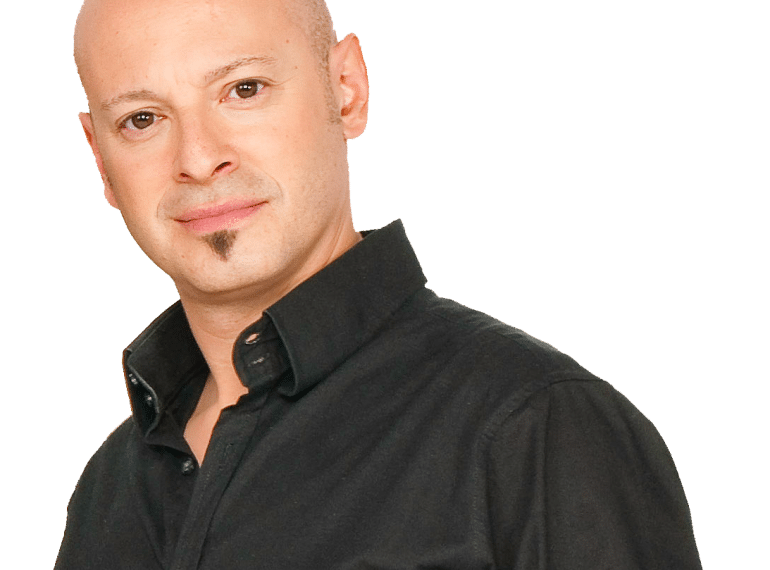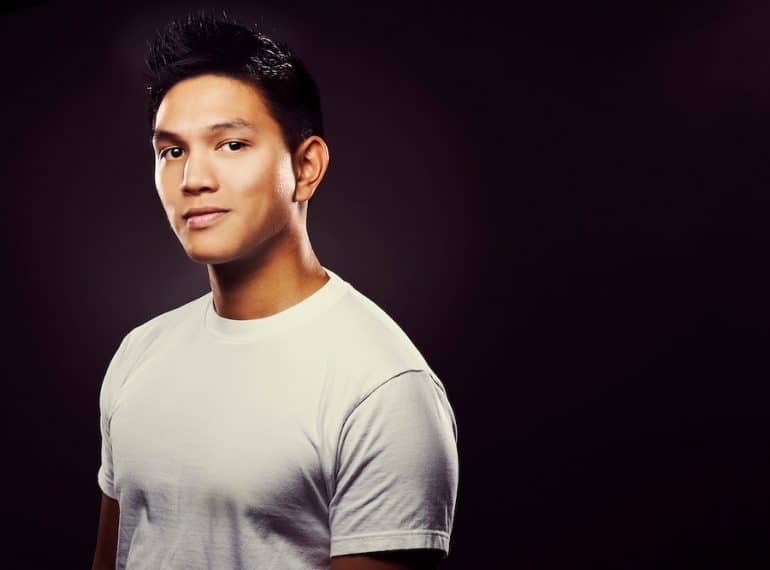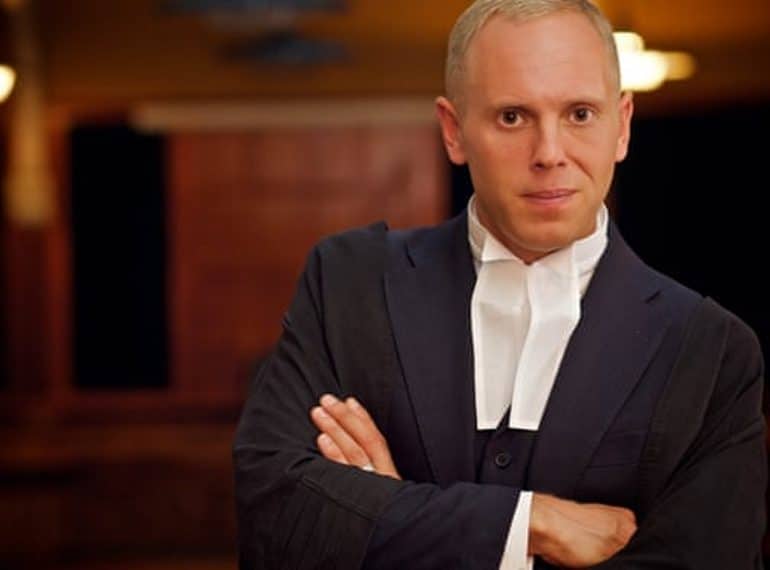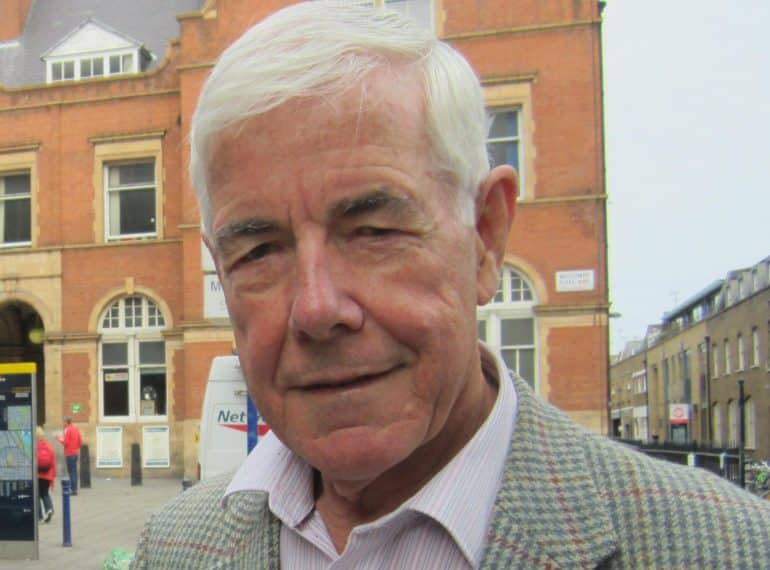
Although not an academic historian, Hugh Small has written books on Florence Nightingale and the Crimean War that have been acclaimed by experts for challenging long-held views.
Hugh (OE 1954–1961) conducted extensive original research for the two volumes and has taken part in several broadcast programmes on his findings.
The books were written after Hugh had already enjoyed a distinguished career that took him to California’s Silicon Valley and to Chile and France and saw him advising governments in Europe and Asia on the liberalisation and regulation of the telecommunications industry.
He studied sciences in the Sixth Form at QE and then read Physics and Psychology at Durham, graduating in 1966. He began his career as, in his own words, a “junior suit” at Ford’s Dagenham plant.
From 1976 to 1981, he was the principal network architect for the world’s first commercial internet, the SITA multi-airline reservations network, where he designed routeing and flow control procedures and commissioned packet-switching hardware and software.
From 1983 he became a partner in two US strategic management consulting firms, Arthur D Little and A T Kearney, managing telecommunications industry consulting teams. He stayed in this role until 1999.
In 1990 as a personal pro bono initiative he lobbied for stronger regulation of British Telecom (BT) to prevent the company from delaying investment in digital exchanges. The Thatcher administration implemented his recommendation in the face of fierce opposition from BT’s Board of Management and their party-political supporters. Notwithstanding this opposition, BT’s share price trebled in 18 months as the regulation forced upon the company enabled competitors to generate new mobile telephone traffic on BT’s network. “The lesson is that industry-specific regulation can be beneficial to shareholders even when management’s natural reaction is to lobby against it,” says Hugh.
He has had a long-standing interest in Victorian public health reform. Florence Nightingale, Avenging Angel was first published in 1998. Described as a “masterly piece of historical detective work” by medical historian James le Fanu in the Daily Telegraph and as a “shattering blow” by Nightingale’s biographer, Mark Bostridge, it details the sanitary disaster in Florence Nightingale’s wartime hospital and explains why the government covered it up against her wishes. The book goes on to look at her work after the war to put the lessons of the tragedy to good use to reduce the high mortality levels among the civilian population at home – the work which in fact established her reputation in her own lifetime. A second edition of the book, published in 2013, added more detail of her journey from tragedy to triumph. Among the most recent programmes to feature Hugh’s research was BBC 4’s The Beauty of Diagrams, presented by Professor Marcus du Sautoy.
Hugh’s next book, published in 2007, was The Crimean War, Queen Victoria’s War with the Russian Tsars. It had a similarly striking impact: the Journal of the Crimean War Research Society stated: “One of the most original and thought-provoking books on the Crimean War…He has shaken the foundations of ‘accepted knowledge’ on the war.”
Hugh was until recently Secretary of the Westminster branch of Living Streets, the national charity that campaigns to promote walking and cycling, and for improvements in the urban environment to encourage this. He lives in Marylebone and is a committee member of the St Marylebone Society, the area’s oldest amenity society.
Last year, he stood as the Green Party candidate for the Cities of London and Westminster constituency in the General Election, and retained his depoist. He also writes a blog on political economy.
Hugh is a widower with two daughters and five grandchildren.
Copies of both his books now grace the shelves of the School’s Queen’s Library.

